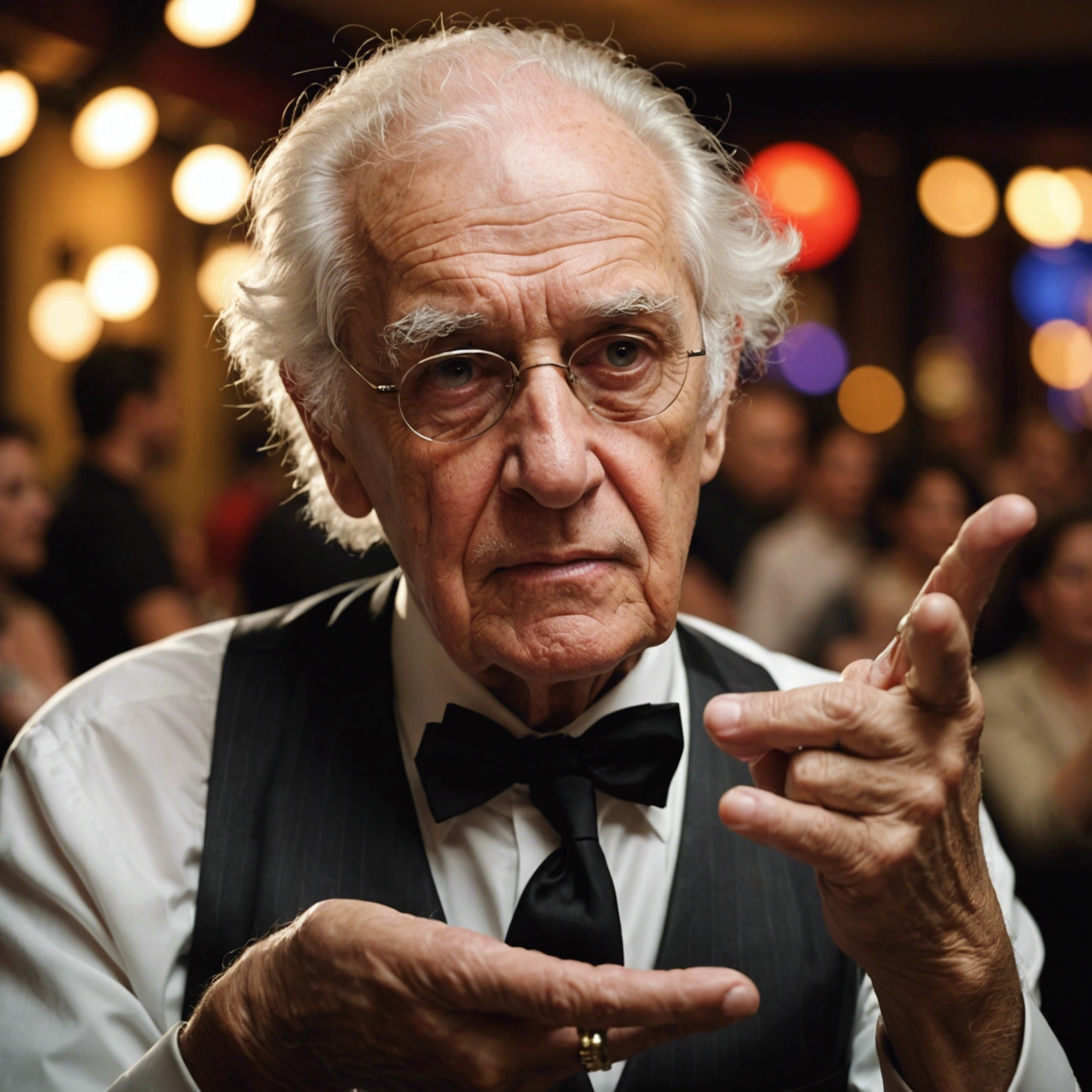
At the heart of this discussion lies a deeper exploration of human desire, consent, and the blurred lines between entertainment and exploitation.
One of the primary concerns revolves around the notion of exploitation, with some arguing that adult entertainers take advantage of their audience, particularly vulnerable individuals such as the elderly. However, a counterargument posits that these entertainers provide a service that caters to a specific demand, and that consumers are willing participants who derive entertainment value from these interactions. Just as people pay for sports or movie subscriptions, adult entertainment is simply another form of entertainment that fulfills a particular need.
A crucial aspect of this debate revolves around the concept of consent and agency. While some fear that individuals in the sex industry are coerced into performing acts against their will, others argue that many entertainers exercise autonomy and control over their work. The ability to choose one’s own projects, interact with clients, and set boundaries is a crucial aspect of this industry. It’s essential to recognize that consent and agency are not fixed states, but rather dynamic and context-dependent.
The notion of shame and judgment also permeates this debate. Some individuals attempt to shame or moralize against adult entertainers, implying that they are somehow inferior or immoral. However, this approach only serves to stigmatize and alienate those working in the industry. Instead, it’s essential to approach the topic with empathy and understanding, recognizing that adult entertainers are human beings deserving of respect and dignity.
Ultimately, the demand for adult entertainment speaks to a deeper human desire for connection, intimacy, and pleasure. Rather than vilifying the industry, it’s crucial to acknowledge its complexity and the various roles that participants play. By doing so, we can work towards creating safer, more consensual, and more respectful environments for all involved.
As one individual poignantly reflected, “I just don’t understand why a complete stranger would try to shame you like that. Your response demonstrates that you are far more secure in your own skin than he is in his.” This sentiment serves as a powerful reminder of the importance of self-acceptance, self-love, and the need to reject judgmental attitudes.
In conclusion, the world of adult entertainment is multifaceted, nuanced, and deserving of a more informed and empathetic discussion. Rather than perpetuating shame and stigma, we should strive to understand the complex power dynamics, agency, and desires that underpin this industry. By doing so, we can foster a more inclusive and compassionate environment that recognizes the humanity and worth of all individuals involved.
